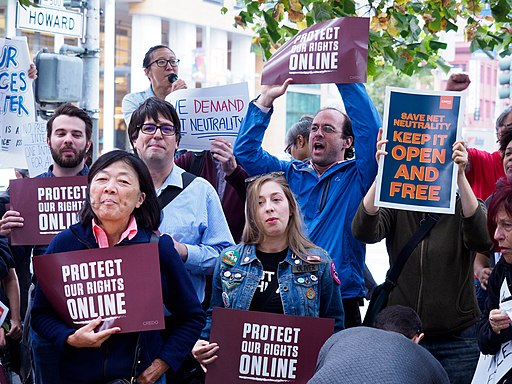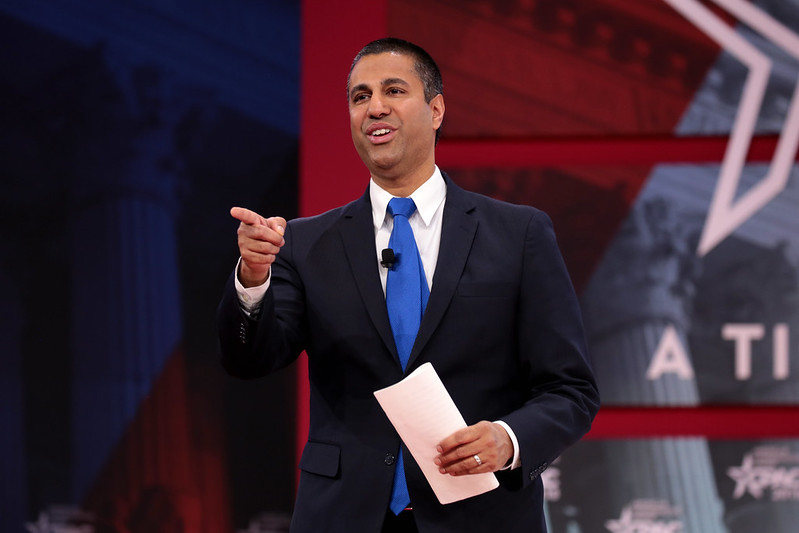“Today’s decisions should be commended for recognizing that the rules we apply to the internet should foster free expression, not suppress it,” said the deputy director of ACLU’s National Security Project.
By Kenny Stancil. Published 5-18-2023 by Common Dreams

Civil liberties advocates on Thursday praised the U.S. Supreme Court for a pair of unanimous rulings that they say uphold the right to free speech on online platforms.
The high court’s decisions in Twitter v. Taamneh and Gonzalez v. Google represent “a win for free expression on the internet,” the ACLU tweeted.
Alongside its partners, the ACLU “filed amicus briefs in both cases urging the court to ensure online platforms are free to promote, demote, and recommend content without legal risk in order to protect political discourse, cultural development, and intellectual activity,” the group noted in a statement.
Continue reading



